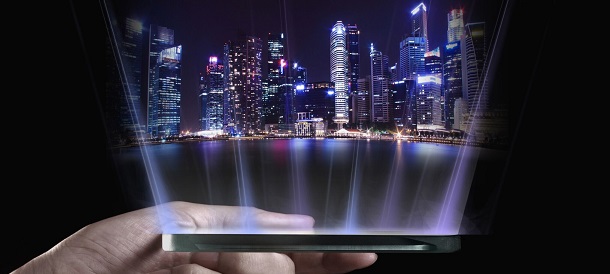
In an innovative initiative, the first Brazilian laboratory for research, testing and certification of technologies to be applied in so-called smart cities will be created in Rio de Janeiro. The project will be developed by the Brazilian Agency for Industrial Development (ABDI) and Inmetro, which signed a technical cooperation agreement.
Based on the competences of ABDI and Inmetro, the technologies needed to integrate the municipalities will be evaluated. The proposal is to have, at the end of the project, documents for evaluation by the public manager who wants to promote the implementation of smart cities in specific scenarios.
The president of ABDI, Guto Ferreira, explains that the proposal is to create a mini-city in the laboratory for carrying out tests of smart city technologies. “We are going to search the market, together with the industries, for existing solutions and implement them in an environment monitored by Inmetro. The idea is to assess which technical requirements are necessary for certain technologies aimed at smart cities, which technical criteria, architectures, norms, standards, compliance and metrological procedures must be followed”, he said.
In practice, the proposal is to offer solutions for demands such as the integration of public lighting with urban mobility, disaster prevention, for example. Another possible activity would be the control of urban services, such as electricity, water, gas, sanitation in an intelligent and unified way.
The technicians of the agencies involved will have the public lighting pole as their starting point, as they understand that, in just one urban equipment, it is possible to add several services and technologies such as security and monitoring cameras, data transmission by fiber optics and wi-fi. , among others. Throughout the process, startups will be able to follow the work to identify and propose solutions aimed at intelligence in cities.
The initial challenge is to prepare an environment that accepts the integration of as many technologies as possible, based on the identification of what is already available in the national market.
“With the cooperation, we will be able to analyze and propose instruments to support industrial development for smart cities, forming a competitive industry in Brazil, prepared to create high added value solutions, prepared for export”, Ferreira points out.
The Technical Cooperation Agreement for the creation of the Technology Demonstration Environment for Smart Cities will be developed over a period of two years and will have an initial investment of R$ 2.5 million, with R$ 1.5 million from ABDI and R$ 1 million from Inmetro.
Smart cities, human cities
The city characterized as smart focuses on providing great benefits to the population in terms of quality of life, health, security and information. Intelligent and humane, cities achieve a high level of social return through the application of information and communication technologies in an environment integrated by centralized public management.
In this format, the citizen is an integral agent and cooperates with public management, by being able to participate, monitor, supervise and contribute to the improvement of public services. Smart city initiatives began to amplify in Brazil in 2014, in sectors such as: public lighting; smart grids integrating water, gas and energy control; complex systems and communication infrastructure (Internet and telephony), as well as smart buildings and smart neighborhoods.












